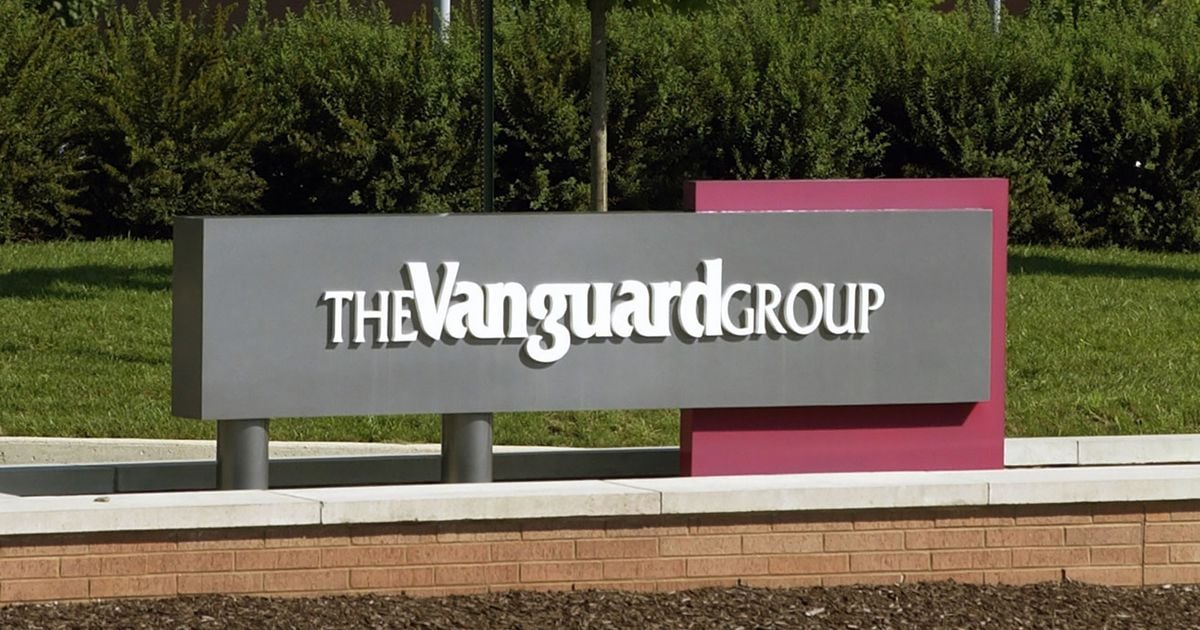Vanguard Group achieved “meaningful progress” in achieving net-zero carbon emissions by 2050 across its investment portfolios, according to its first progress report released on the money manager’s website Wednesday.
The report said progress has been made across both of its actively managed and index-based products as “companies embrace greater disclosure of climate risks and plans and set specific science-based risk mitigation targets.”
Specifically, Vanguard said that as of April 30, $290 billion, or 17% of Vanguard’s $1.7 trillion in actively managed assets under management, are invested “in a manner that aligns with achieving net-zero emissions by 2050 or sooner.” A portion of these assets is in actively managed ESG products with “net-zero commitments as part of the product design,” the firm noted.
These assets also include actively managed funds “without explicit ESG mandates that nonetheless align to net-zero objectives because of the existing philosophy and process used by the investment managers to maximize total returns for investors,” Vanguard added in the report.
Separately, Vanguard noted in the report that of its total $5 trillion in its equity index assets, $3.8 trillion is invested in companies with some form of emission reduction goals. Of that, $1 trillion is invested in companies with specific net-zero targets, a Vanguard spokeswoman confirmed.
“Our investment stewardship teams will continue to engage with our index fund portfolio companies about their commitments,” Vanguard added in the report.
The firm also said as it “continues to engage, introduce new products, and evolve our approach,” it expects the portion of assets managed in alignment with net-zero objectives to increase.
As a signatory to the Net Zero Asset Managers initiative, a group of 236 money managers pledging to support net-zero greenhouse gas emissions by 2050 or sooner, Vanguard also said it has “pledged to engage with companies, policymakers and other investment industry participants about the transition to net-zero, and to identify the proportion of assets to be managed in line with the attainment of net-zero greenhouse gas emissions by 2050 or sooner.”
However, “The Asset Managers Fueling Climate Chaos,” a report issued on April 20 by environmental campaigners led by Reclaim Finance, a non-governmental institution seeking to move the world’s largest financial institutions away from fossil fuels, said Vanguard was one of the world’s largest investors in fossil fuels. As of Nov. 30, of 30 large U.S. and European asset managers that it surveyed with combined holdings of $82.5 billion in companies involved in coal expansion, Vanguard and BlackRock together accounted for $60 billion of that amount.
BlackRock and Vanguard were also the two biggest investors in 12 major oil and gas companies, including Gazprom, Saudi Aramco, BP, Shell, TotalEnergies, Chevron and ExxonMobil, with total stocks and bonds held in those companies of $133.5 billion and $129.8 billion, respectively, as of March 31. The 30 managers had combined holdings of $468 billion in those 12 major oil and gas companies.
